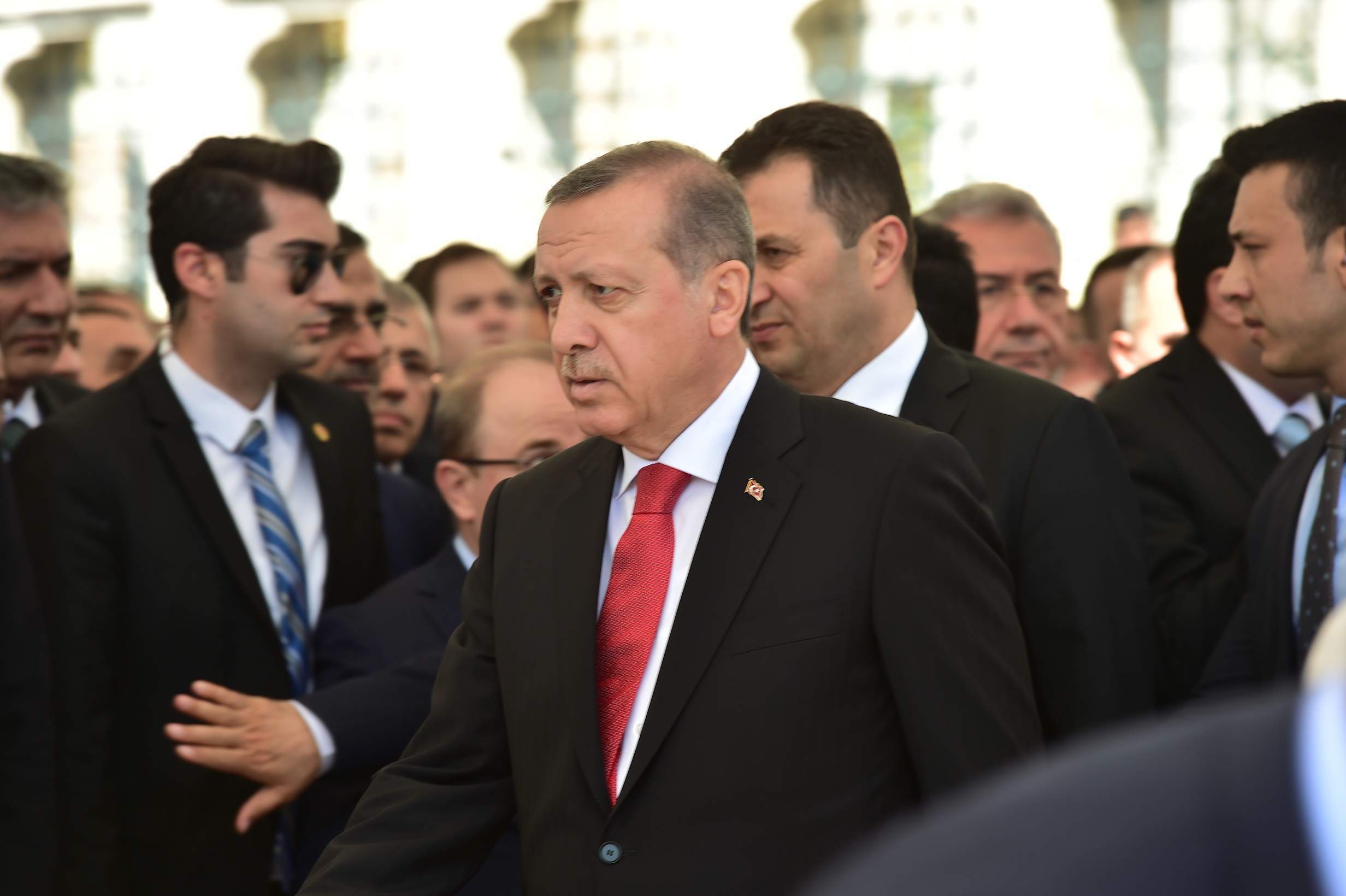
Turkey will remain in a state of emergency for another three months, according to the country’s deputy prime minister, Numan Kurtulmus.
This was set to end on April 19, nine months after the first emergency was imposed following a failed coup attempt by the military in July 2016. However, Kurtulmus said the National Security Council recommended extending the state of emergency in order to “provide the continuance of measures aimed at securing the rights and freedoms of citizens.”
The measures come after the country’s president Tayyip Erdogan won a referendum which significantly increased his powers. The BBC’s Turkey correspondent Mark Lowen said it was arguably “the most controversial political change in a generation”.
Erdogan managed to narrowly pass the referendum giving him new powers as the “Yes” campaign won with 51.4 percent of the vote. However, opposition parties are challenging the results, saying that around 2.5m votes were problematic as they were in unsealed envelopes or didn’t have official stamps, which makes it easier to commit electoral fraud.
As well, since the coup in July, the government has imprisoned a vast number of academics and journalists on terrorism charges in attempts to suppress criticism, which has led to disapproval around the world that it wasn’t a fair result.
Since the result was announced there have been two nights of protests in the capital city of Istanbul denouncing the “fascism” that will be allowed to sweep through Turkey after the vote. The state of emergency was extended in response to this, to give even more powers to security forces over detentions and arrests.
How well do you really know your competitors?
Access the most comprehensive Company Profiles on the market, powered by GlobalData. Save hours of research. Gain competitive edge.

Thank you!
Your download email will arrive shortly
Not ready to buy yet? Download a free sample
We are confident about the unique quality of our Company Profiles. However, we want you to make the most beneficial decision for your business, so we offer a free sample that you can download by submitting the below form
By GlobalDataWhat were the changes introduced in the referendum?
The new powers will change Turkey from a parliamentary republic to a presidential one, by making significant changes to the country’s constitution. Here are some of the main changes:
- The president will become the head of the executive, as well as the head of state, and will retain ties to a political party
- The president will be given new powers to appoint ministers, prepare the budget, choose the majority of senior judges and enact certain laws by decree
- The country’s parliament loses the right to scrutinise ministers or propose an enquiry
- The role of the prime minister will be scrapped; instead, there will be a vice president
- The president alone will be able to announce a state of emergency and dismiss parliament
- Election dates have been changed too: presidential and parliamentary elections will be held on the same day every five years and the president is now limited to two terms
The changes will come into force before the country’s next election in November 2019.
What has the global reaction been?
Given that one of the major policies Erdogan wants to introduce thanks to his new powers is the return of capital punishment to Turkey, human rights groups are up in arms about the referendum and the extension of the state of emergency.
The international NGO Human Rights Watch’s Europe and Central Asia director, Hugh Williamson, commented on the referendum, saying:
“After securing a narrow victory in Sunday’s referendum, the government and president should govern in the interests of everyone in Turkey, not just their political supporters. Turkey’s government and president need to end the state of emergency and the repressive campaign against the media and the pro-Kurdish political opposition.”
Germany’s foreign minister, Sigmar Gabriel, expressed unhappiness at the proposal of reintroducing capital punishment, saying it would be “synonymous with the end of the European dream.”
However, over in the US, president Donald Trump chose to congratulate Erdogan on the victory.







